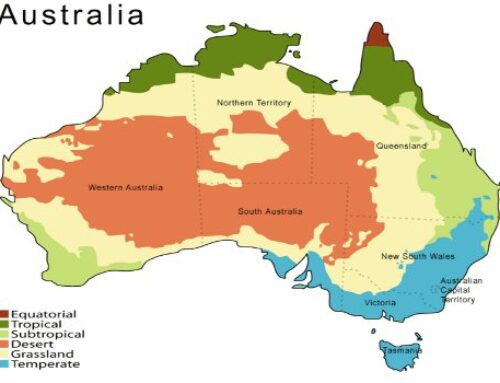By: Fitrian Ardiansyah *
The widespread protests and demonstrations across Indonesia in recent weeks remind us that public discontent is a powerful driver of change. They reflect concerns not only about immediate policies, but also about deeper issues—governance, fairness, and the future direction of the country.
Indonesia has faced moments of profound transition before—1965/66, when political upheaval reshaped the nation’s direction, and 1998, when the Asian Financial Crisis and calls for “Reformasi” transformed politics and society. Each period was turbulent but also opened the door to renewal.
Today, circumstances differ, yet echoes of those transitions remain. Indonesia is navigating economic uncertainty, political consolidation, and global headwinds. Growth is more resilient compared to 1998, but challenges around corruption, inequality (e.g. Indonesia holds the highest unemployment rate in ASEAN), and sustainability (e.g. environmental and natural resource degradation is still occurring) are pressing and cannot be ignored.
What we can learn from some key lessons from the past include:
- Economic fragility can quickly become political fragility. Stability requires structural reforms that address inequality and ensure fair opportunities.
- Political transitions reshape institutions for decades. Reformasi strengthened democratic participation; the next phase must ensure institutions remain accountable, free from corruption, and committed to public trust.
- External context matters. The Cold War shaped 1965, the Asian Financial Crisis defined 1998; today, geopolitical and trade conflicts, climate change, economic inequality, technological disruption, food and energy security, migration, and threats to democracy and human rights, will define Indonesia’s choices.
Looking ahead, what we can hope and may expect:
- Short-term adjustments in policy alignment, particularly in investment, food and agriculture, energy, and trade—where transparency and public accountability will be crucial to restore trust.
- Medium-term realignments in political coalitions and governance practices. The fight against corruption and the push for inclusive and sustainable development will determine whether institutions strengthen or weaken.
- Long-term opportunities to establish Indonesia as a regional and global leader—not only in economic size, but in better food systems, sustainability, renewable energy transition, and inclusive growth.
Although the situation is unclear and uncertain now amidst widespread protests, Indonesia has proven that it can emerge from turbulence stronger. The challenge now is to ensure that today’s transition goes beyond preserving stability—embedding curbing corruption, ensuring inclusiveness and equitable growth, building resilience, and strengthening sustainability for generations to come.
—Praying for Indonesia and stay safe everyone—
* Fitrian Ardiansyah is Distinguished Humphrey Fellow on Climate Change
#Indonesia #IndonesiaUpdate #CurrentAffairs #Governance







[…] Original link: https://hijauku.com/2025/09/02/indonesia-once-again-at-a-crossroads/ […]